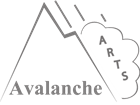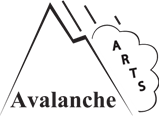Workshops with Kathie diStefano, American/Dutch educator & artist
Operation Trash for Teachers
Inspiring teachers to combine the ‘Green Themes’ with required curriculum lessons has become one of the main focuses of Ms. diStefano’s work. Together with her Dutch company Avalanche Arts, she has developed ‘Playing in a Cleaner Neighborhood’ (elementary level) and ‘Operation Trash (middle and high schools) combining creative arts projects with good trash behavior lessons and recycling strategies. These programs have been visiting Dutch public and private schools for the past 15 years increasing awareness for environmental issues directly related to the consequences of our consumption society and the mountains of trash it produces.
Inspiring teachers to combine the ‘Green Themes’ with required curriculum lessons has become one of the main focuses of Ms. diStefano’s work. Together with her Dutch company Avalanche Arts, she has developed ‘Playing in a Cleaner Neighborhood’ (elementary level) and ‘Operation Trash (middle and high schools) combining creative arts projects with good trash behavior lessons and recycling strategies. These programs have been visiting Dutch public and private schools for the past 15 years increasing awareness for environmental issues directly related to the consequences of our consumption society and the mountains of trash it produces.
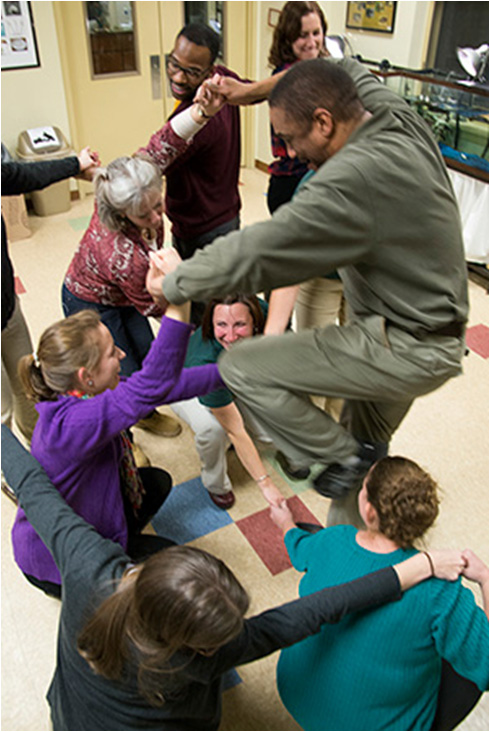
Operation Trash workshop for professional development gives participants the opportunity to experience hands on how fun interactive exercises can enhance group dynamics and energize students as well as help them focus.
Operation Trash educational programs have been visiting Dutch public and private schools for the past 10 years increasing awareness for environmental issues directly related to the consequences of our consumption society and mountains of trash.
Operation Trash educational programs have been visiting Dutch public and private schools for the past 10 years increasing awareness for environmental issues directly related to the consequences of our consumption society and mountains of trash.
Topics and activities
- Theme introduction: insights on how much trash we produce and recycle locally, as well as abroad.
- Bringing knowledge of why good trash behavior is so important for our communities into the classroom.
- Presenting how Operation Trash combines the green theme with Dutch curriculum requirements; group discussion as to how to do this with local educational systems .
- Drama games and fun creative exercises to enhance group dynamics and energize students and workshop participants.
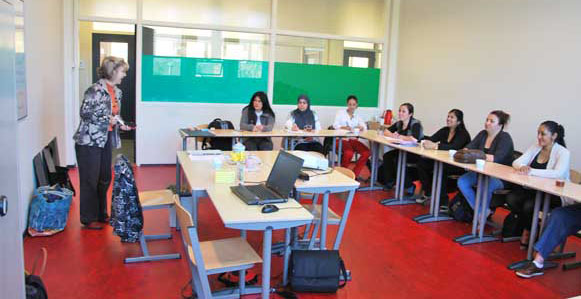
Workshop elements:
Theme introduction: insights on how much trash we produce individually as well as nationally; looking at local recycling goals as well as global trash challenges.
Eco Trash Quiz: to test participants trash and recycling knowledge.
Presentation of Avalanche Arts projects: which combine the trash and recycling theme with Dutch curriculum requirements tapping into creative and performing arts studies; group discussion could follow as to how this theme can be incorporated into local educational systems.
‘Reduce, Reuse, Repair and Recycle’
lessons in a fun creative learning environment
lessons in a fun creative learning environment
Lectures with Kathie diStefano
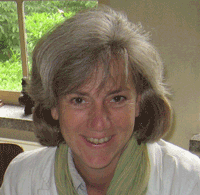
Teacher/Director/Actress/Trainer
Kathie diStefano employs interactive techniques, theater arts and storytelling to entertain and teach audiences. Her expertise in group dynamics adds dimension to her presentations. Whether speaking to a group of several hundred or a workshop with 20 participants, Kathie customizes her programs to reach and inspire her audiences. Her theatrical background enables her to tune into where her audience is, to then take them on a journey.
Operation Trash
This presentation builds awareness for our trash problems and recycling challenges. It talks about the consequences for our environment if we continue to use so many disposable products, and how plastic pollution affects our waterways. Operation Trash visits schools and colleges as well as community centers sharing information about how thinking global and acting local is key to sustainability.
This presentation builds awareness for our trash problems and recycling challenges. It talks about the consequences for our environment if we continue to use so many disposable products, and how plastic pollution affects our waterways. Operation Trash visits schools and colleges as well as community centers sharing information about how thinking global and acting local is key to sustainability.

Senior Audiences
When today’s senior were raising their families, things were different. Houses were full of furnishings that were meant to last a long time. Trash was less, because everyone had less. Recycling happened naturally and did not have a name. Presenting facts and figures about our current trash situation tends to activate audiences inviting them to share their memories. ‘Show and Tell’ props and artistic images are incorporated to point out differences and similarities between American and Dutch cultures and how our current trash behavior in the western world is affecting the entire planet.
‘What our society should be doing in order to preserve our environment, our elders were actively practicing ‘back in the day’. This is one of the reasons why I so enjoy telling the story to seniors, as there is so much that they can teach us.’
Kathie diStefano immigrated to in the Netherlands in the1980’s and co-founded Avalanche Arts. Through collaboration with the Baltimore Rotterdam Sister City Committee she shares her presentations and workshops several times per year in the United States. During these trips she returns to the PA/DE area to visit family and friends. Interested in learning more or booking a presentation visit kathiedistefano.com
When today’s senior were raising their families, things were different. Houses were full of furnishings that were meant to last a long time. Trash was less, because everyone had less. Recycling happened naturally and did not have a name. Presenting facts and figures about our current trash situation tends to activate audiences inviting them to share their memories. ‘Show and Tell’ props and artistic images are incorporated to point out differences and similarities between American and Dutch cultures and how our current trash behavior in the western world is affecting the entire planet.
‘What our society should be doing in order to preserve our environment, our elders were actively practicing ‘back in the day’. This is one of the reasons why I so enjoy telling the story to seniors, as there is so much that they can teach us.’
Kathie diStefano immigrated to in the Netherlands in the1980’s and co-founded Avalanche Arts. Through collaboration with the Baltimore Rotterdam Sister City Committee she shares her presentations and workshops several times per year in the United States. During these trips she returns to the PA/DE area to visit family and friends. Interested in learning more or booking a presentation visit kathiedistefano.com
Improvisational workshops to enhance group dynamics
Improvisational theater workshops are active and dynamic. We improvise throughout our lives naturally, figuring out day to day events as we go along. Try to do this in a conscious way in a workshop setting and the most unexpected and hilarious situations can arise. Improvising in group means putting your ego on hold and making choices that are best for fellow improvisors. This can be incredibly challenging and at the same time quite easy. ‘Play’ is used in this workshop to teach teambuilding, communication skilss, reflection and physical expression in a light hearted manner, while having fun. Learning through laughter is the motto of this workshop.
Improvisational theater workshops are active and dynamic. We improvise throughout our lives naturally, figuring out day to day events as we go along. Try to do this in a conscious way in a workshop setting and the most unexpected and hilarious situations can arise. Improvising in group means putting your ego on hold and making choices that are best for fellow improvisors. This can be incredibly challenging and at the same time quite easy. ‘Play’ is used in this workshop to teach teambuilding, communication skilss, reflection and physical expression in a light hearted manner, while having fun. Learning through laughter is the motto of this workshop.
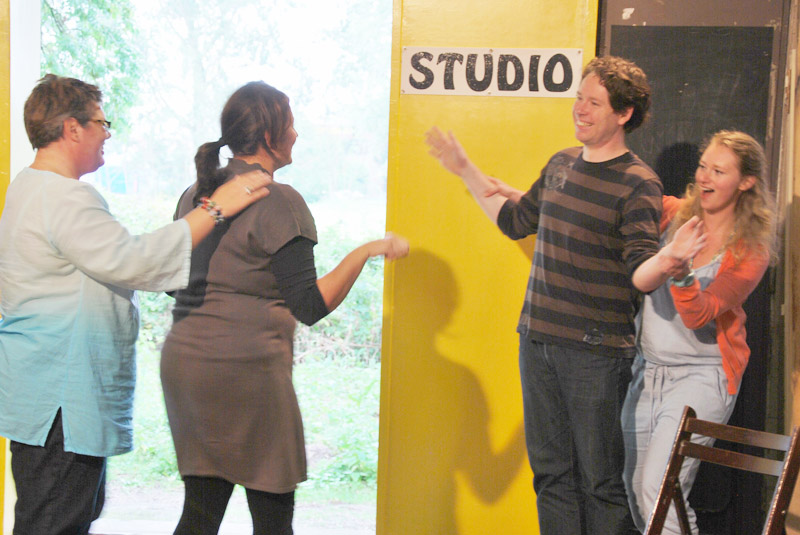
Bringing people together through ‘play’; improvisational theater as a tool to develop group dynamics and enhance thinking outside the box
Improvisational theater based on the work of Keith Johnstone* has a clear set of rules, which make it accessible to non-theater groups. These rules are:
Be Positive: Playing improv games involves creating short scenes. This rule is quite simple “begin the scene in a positive way”; easy in theory but challenging in reality because people tend to react negatively when the future is unknown. Reacting negatively, which often leads to taking distance, is counterproductive when trying to create something out of nothing, which is in essence what improvisation is all about.
Accept All Ideas: Creating as you go along can be challenging if players are constantly asking themselves “Is this the right thing to do?” Placing the acceptation rule in the game helps the fear of failure ‘trap’. The accept all ideas rule enables players to relax and tap into their creativity.
Make offers: Accepting all ideas is a good start, but it is half the work. Once the idea has been accepted the receiver is expected to add something to help develop the idea. Improvisational theater is all about teamwork.
Putting all the rules together: Be positive, accept offers, add your own ideas along the way, and when possible put those ideas into motion. Don’t block, support your fellow player, relax, dare to enjoy the ride of not knowing what is about to happen.
When these rules are applied stories can take off and develop instantaneously. Some improvisations can be so smooth, interesting and entertaining that audiences sometimes find it hard to believe that it was created on the spot.
*Keith Johnstone is a British and Canadian pioneer of improvisational theater, best known for inventing the Impro System, part of which are the Theatersports. He is also an educator, playwright, and theatre director.
